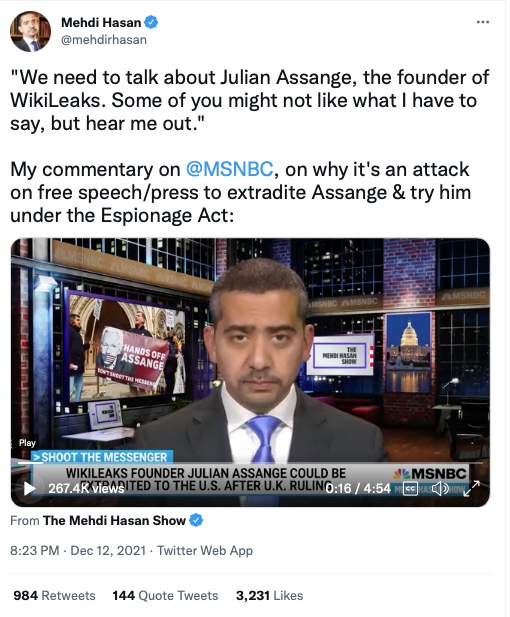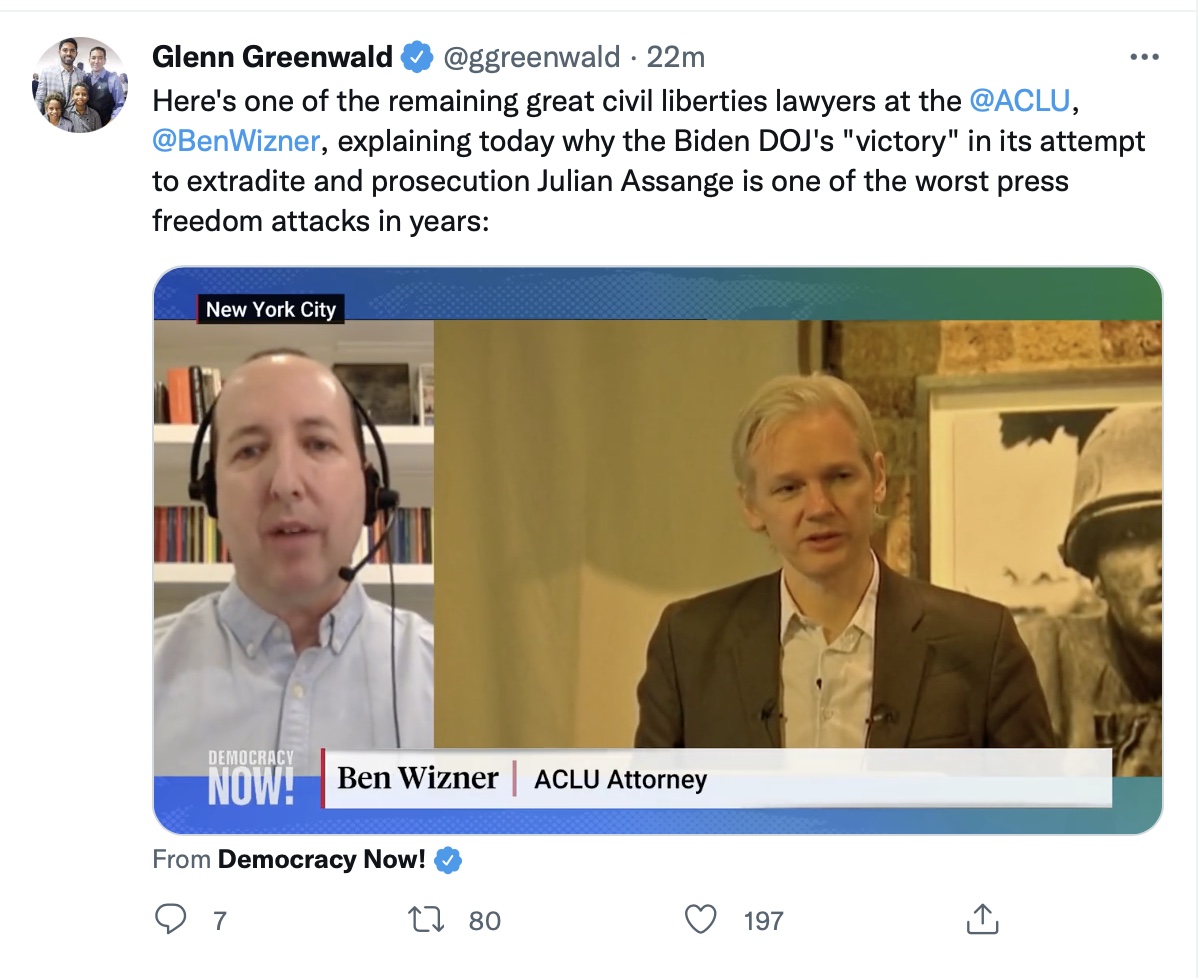Excerpt of "Letter from Princeton Open Campus Coalition to Princeton President Christopher Eisgruber":
When university administrators speak officially on controversial matters of social importance, they must be cognizant of the fact that––as faculty at the University of Chicago recognized at the height of the Vietnam War––“[t]he university is the home and sponsor of critics; it is not itself the critic.”[1] If the university itself becomes the critic––which occurs when administrators qua administrators opine on controversial issues not bearing a tangible impact on the university’s ability to function––it diminishes the openness of an academic climate that would otherwise invite dissenters to engage boldly with their peers and colleagues. This truth led the University of Chicago’s Kalven Committee to recognize that institutional neutrality enables the “fullest freedom of its faculty and students as individuals to participate in political action…” [2] We believe that the institutional neutrality principle, so articulated, reasonably restricts university officials’ speaking in their official capacities.
Unfortunately, recent events at our University suggest that the neutrality principle has been dangerously dishonored. In the case of Dean Jamal’s November 20th statement regarding the Rittenhouse verdict, the significant factual errors (while embarrassing) are not the cause of our protest. [3] What motivates our letter is a concern about the implications of a University administrator, speaking in her official capacity, promulgating to an entire community of students her moral evaluation of the outcome of a highly publicized and controversial trial. Her doing so in effect places SPIA’s institutional support behind a particular position on a matter which, as it engages the interests of so many, should invite a vigorous and respectful conversation amongst students and faculty alike.
Instead, students and faculty are left to read that a Dean has adopted a definitive stance on a matter about which reasonable people of good will can and do disagree. Dean Jamal writes with a “heavy heart” as she decries the “incomprehensib[ility]” of a not-guilty verdict, labels the defendant a “minor vigilante,” and situates the alleged outrageousness of the trial’s outcome within the broader context of racial inequalities pervading “nearly every strand of the American fabric.”
Each of these features––the verdict, the alleged vigilantism, and the systemic racism claim––are the subjects of genuine debate among serious legal commentators and academics. Contrary to Dean Jamal’s forceful assessment that some of these issues––viz., the systemic racism allegation––are settled “without a doubt,” these topics occupy the debates of students, faculty, and the public at large. Though no one claims that Dean Jamal’s statement directly forces dissenting students to remain silent or to affirm what they do not believe, it is no stretch to conclude that the establishment of an institutional position tends to draw restrictive parameters around a dialogue that would be otherwise unfettered.
[Emphasis added]


